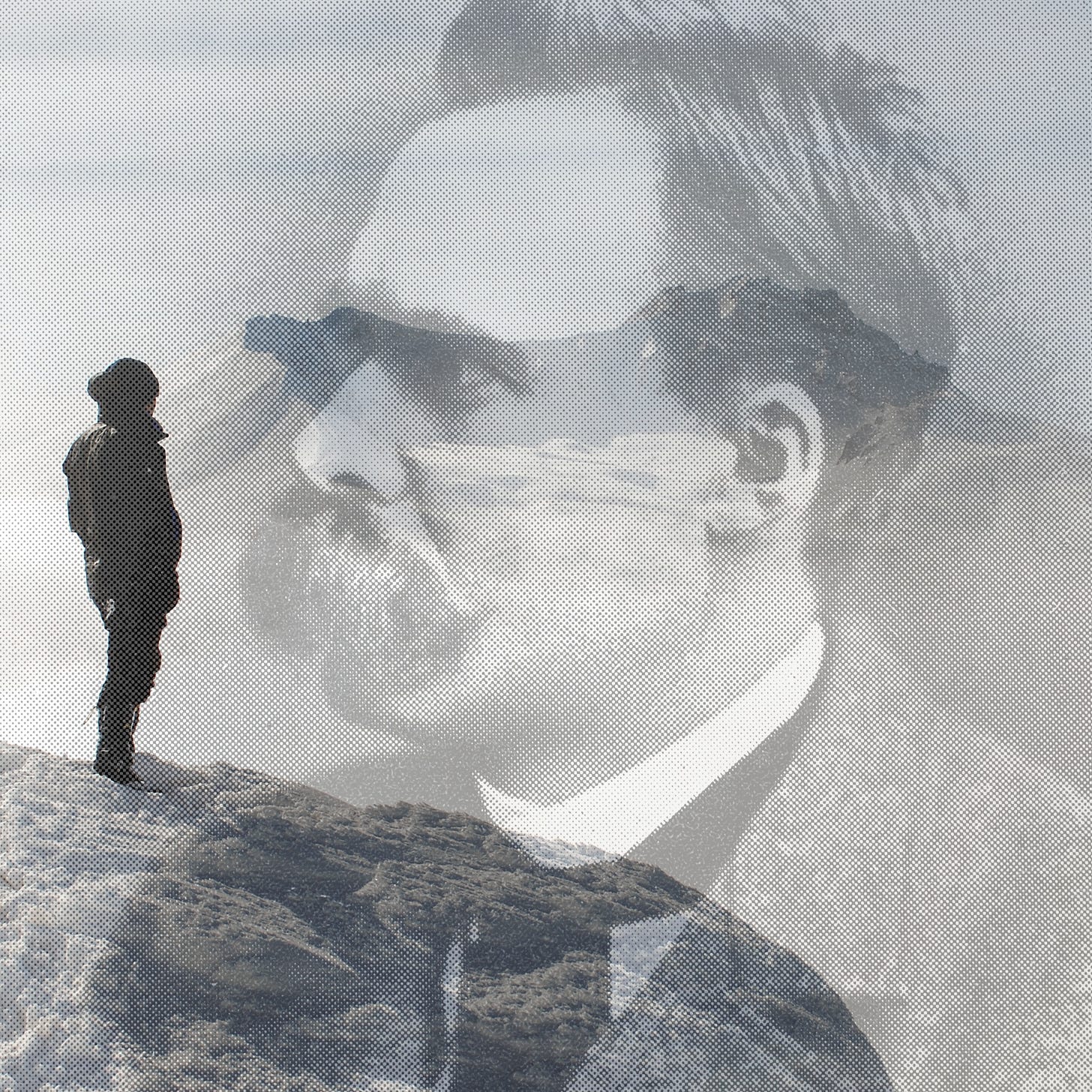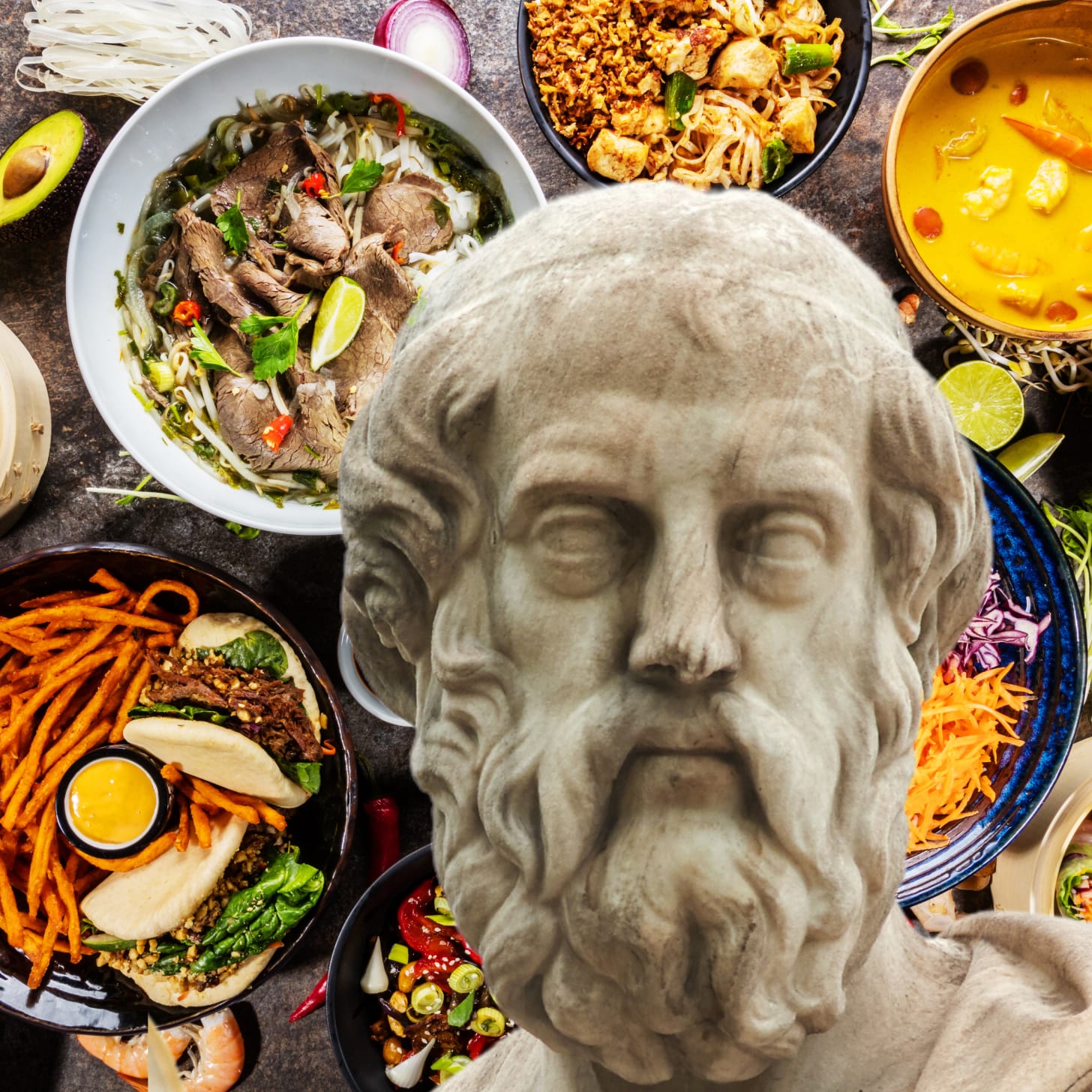Basic needs
... and how Nietzsche can help with them
If there’s one thing my favourite philosopher Friedrich Nietzsche absolutely hated, it was bloodless theorising. A close second would be metaphysical speculation. He hated it when people got carried away with ideals that either bear no relation to embodied human existence, or even worse, where those ideals make life harder to live than it otherwise could be.
In this sense, Nietzsche’s philosophy is a practical philosophy about ordinary life.
So what are the kinds of things he has to say about ordinary life, about our basic needs and practical necessities?
If I could extract from the thousands of short texts that he wrote one key message it is this - craft your life personally and individually. Break free from groupthink about how you should live, and become the creator of your own unique style of living.
Groupthink is a useful modern term for something more archaic - Nietzsche calls it ‘customary morality.’ Both terms refer to this idea that human beings are very heavily influenced by group norms. Your family, your society and your culture all have an extremely significant effect on the way you feel, think and behave.
Customary morality can be so ingrained in us that is very hard to spot. The way people around us expect us to live can become our background, the wallpaper for our lives. It takes a lot of practice to be able to see it for what it is, and a lot of bravery to break away from it.
This is what Nietzsche designed his philosophy to achieve - to enable his reader to break free from customary morality and to live their lives individually, personally, uniquely.
The most influential moral guides of our time are not necessarily professional philosophers or the great gurus, the esoteric spiritualists.
The great moral philosophers of our age are probably the social media titans of wellness and wellbeing, of mindfulness, fitness and mental health. There is more customary morality in this world about what to eat and how to exercise, about sleep and rest, and other necessities of life (right down to how to fold your clothes) than there is about almost any other aspect of human life.
Is it possible to think about meeting our basic needs without succumbing to the customary morality that confronts us every day?
I think Nietzsche can help with this. I can summarise his views on this in five overarching categories: diet and exercise, rest and entertainment, money and work, altered states, and sex and pleasure.
Diet and Exercise
Do we know the moral effects of foods? Is there a philosophy of nutrition?
Friedrich Nietzsche, The Gay Science §7
Keep reading with a 7-day free trial
Subscribe to Provocations to keep reading this post and get 7 days of free access to the full post archives.





